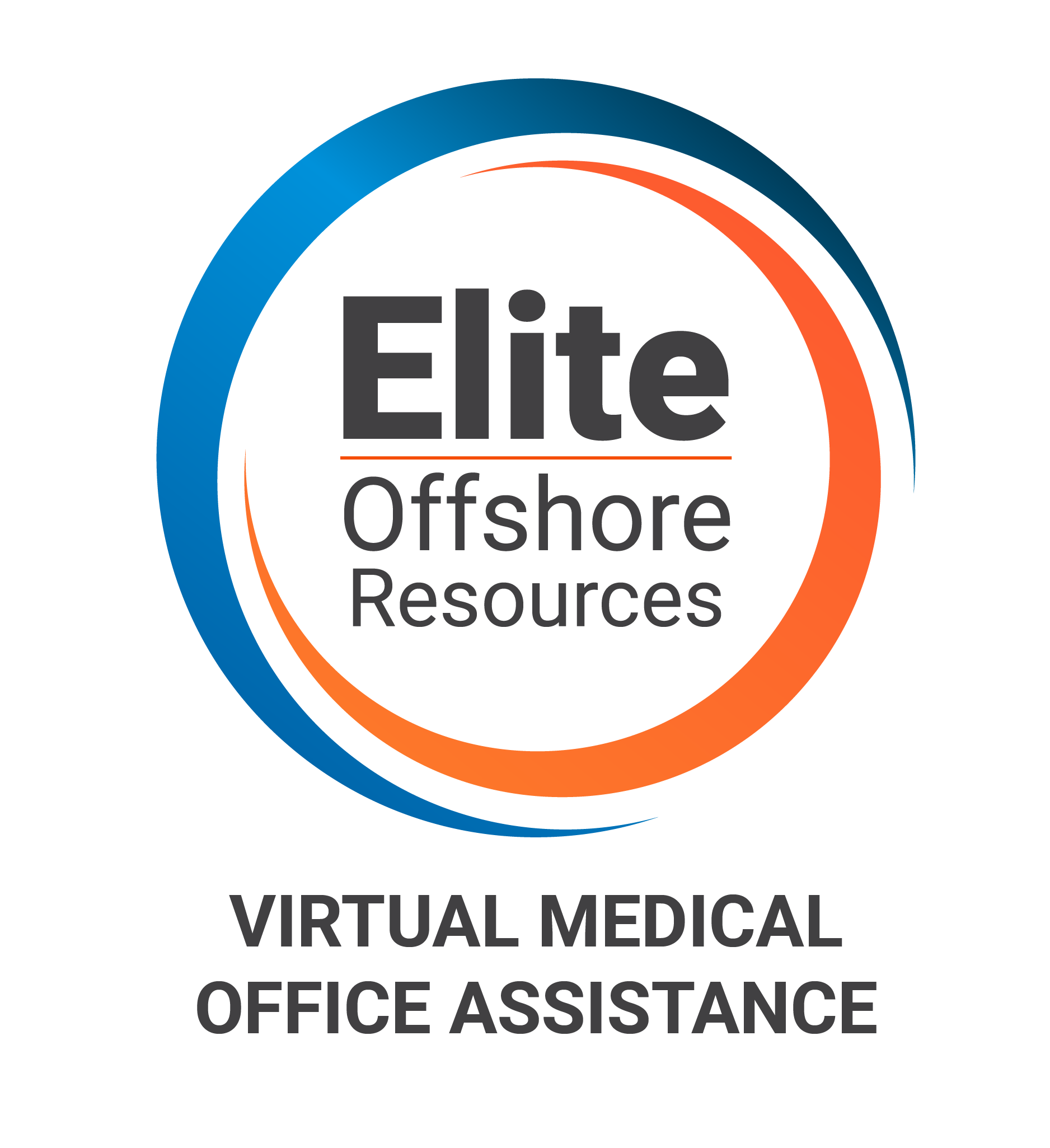
- February 27, 2018
- admin
- Blogs
- No Comments
Anesthesia billing practices have to always work hard on payor contracting, credentialing and payment mechanisms for a smooth revenue cycle. But when it comes to denial management, it sometimes gets tricky to manage. Here’s a little help to get rid of some unwanted denials, through efficient denial management techniques. Especially on these top 5 common denials/scenarios in Anesthesia billing.
Since the “Affordable Care Act” came in the picture, it enforces physicians not to do balance billing to the member. And to collect only minimum fees for their services, if medical bills are not paid completely by the payor. Another fact to keep in mind is that why so many Anesthesia practices are out of network with commercial payors. That is because Anesthesia is most common healthcare setup in US healthcare services. And due to this fact, revenue generation from payors can be a fruitful task.
How do WE know that these are the most common denials? Well, we’ve been working with Anesthesia practices for years and understand the market trend very well. Especially when they are out of network with commercial payors.
DENIALS RELATED TO ANESTHESIOLOGIST’S OUT OF NETWORK STATUS WITH COMMERCIAL PAYORS: MOST COMMON
It can be a hassle-free process for an out of network anesthesiologist to perform Anesthesia to a patient at the medical care facility. But when it comes to collections for these out of network providers, many of them lose it or just end up with billing minimum fees to patients. We really can’t consider out of network deductibles as a “denial”, since payor applies them as per the member’s plan if their member seeks care from an out of network anesthesiologist.
But how about getting these claims processed under the member’s in-network level of benefits even when you are an out of network provider? And the technique which changes the whole story here is RAPS provision or PARE logic, or RAPL policy. These terms vary from the payor to payor, but the concept is similar for all. This provision allows an out of network Radiologist, anesthesiologist and pathologist to have their medical claims processed at a member’s in-network level of benefits which increases the chances of direct payment to providers and lowers patient responsibilities in terms of deductibles.
Due to the fact that most of the facilities are in network with payors and patients has no choice in selecting their anesthesiologist, most of the commercial payors add this provision under their health-care policies. But the sad part is, their adjudication team don’t process claims correctly which leads to denials and higher deductibles on anesthesia claims.
Other denials, such as non-covered services, pre-authorization requirement, etc are common nowadays due to the provider out of network status with the payor. We can easily resolve them thru proper appeal process with appropriate content on it.
CREDENTIALING: TO BE TAKEN CARE AT THE RIGHT TIME
Credentialing is considered as an essential component of the revenue cycle because if you are not enrolled correctly, you will not be paid. And that may further results in higher A/R days, increased denials, and frustrated providers. All of which adversely affects a practice’s revenue and cash flow.
The question is, how we can keep the credentialing process smooth so it should not affect practice revenue and cash flow in an adverse way. The solution is pretty simple but has to be executed in a well-planned manner.
Here are few tips:
- Make sure you know the payors credentialing guidelines well before you start a practice. Some payor may take up to 6 months to complete the credentialing. And very few allow retroactive effective dates for approval. Proper knowledge of guidelines will help in planning the earliest approach to start the credentialing process with payors.
- Proper tracking of credentialing applications will play a vital role here. The more your applications will be tracked and structured, the more smooth your process will be.
- Consistent and timely follow up with payors on your applications is the must. That helps in filling up any missing documents which will expedite the whole process. As well as it ensures completion of your application in a timely manner.
INAPPROPRIATE APPLICATION OF SCREENING BENEFITS BY PAYORS: FOR ANESTHESIA PROCEDURES ASSOCIATED WITH COLORECTAL CANCER SCREENING
Per Affordable Care Act, patients are supposed to get screening benefits from payors under the non-grandfather plans for colorectal cancer screening and diagnostic procedures, as well as its associated Anesthesia procedures. Which means patients should not be asked to pay out of pocket expenses in terms of deductibles and co-insurance if they have gone through screening or diagnostic procedures for colorectal cancer.
This is unfortunate for a patient who receives a bill for something he is not supposed to pay. The provider practice would not let this happen if they really care about their patients. So it’s very important to have a proper workforce in place at your anesthesia billing practice to deal with payors. Strong appeal process and effective follow-ups with payors definitely help. But it’s more important for billers and coders to report claims with appropriate ICDs and modifiers to avoid such denials. Remember, patients deserve complete care.
PRE-AUTHORIZATION: DOES IT MAKE SENSE IN ANESTHESIA BILLING?
Pre-authorization denials from commercial payors for Anesthesia billing doesn’t really make sense. But unfortunately, this is one of the most common denials you would have to deal with.
Anesthesiologists are often known as blind providers because a patient has no choice in selecting his Anesthesia provider. Due to this fact, they are not really required to obtain separate pre-auth for the Anesthesia procedure to be paid. However, if the actual procedure by the surgeon requires pre-auth then the patient has no choice. Because that pre-auth will assure reimbursement for the medical procedure as well as its associated Anesthesia bill.
Most commercial payors deny claims for lack of pre-auth# on Anesthesia bills which they indeed, do in error. Technically, anesthesiologists are not required to have pre-auth# on claims. Due to these facts, this seems like an unavoidable denial at the time of billing. But you have to have a strong AR team in place to deal with such denial trend. At the same time, an effective appeal process will help a lot to make providers happy.
MEDICAL NECESSITY FOR MAC: MONITORED ANESTHESIA CARE
Procedures performed under MAC are getting more denials these days as compared to general Anesthesia. Especially, if you are dealing with Anesthesia for GI procedures, you would have to be very careful about several factors if MAC is often performed by your practice. This is really not something you can avoid by making changes in your billing.
The only way to ensure reimbursement is to keep all necessary records in the place like the pre-Anesthesia evaluation report, the Anesthesia record, and the ABN if required. Because these documents will help you to prove medical necessity of your procedure if you have an effective appeal process along with. Proper content on appeals and supportive medical records increase the chances of claims reprocessing and payment even if they get denied initially.
It is quite important to understand payor guidelines, what they cover and under what circumstances. That will be your anesthesia billing plan to ensure smooth reimbursement by payors.
